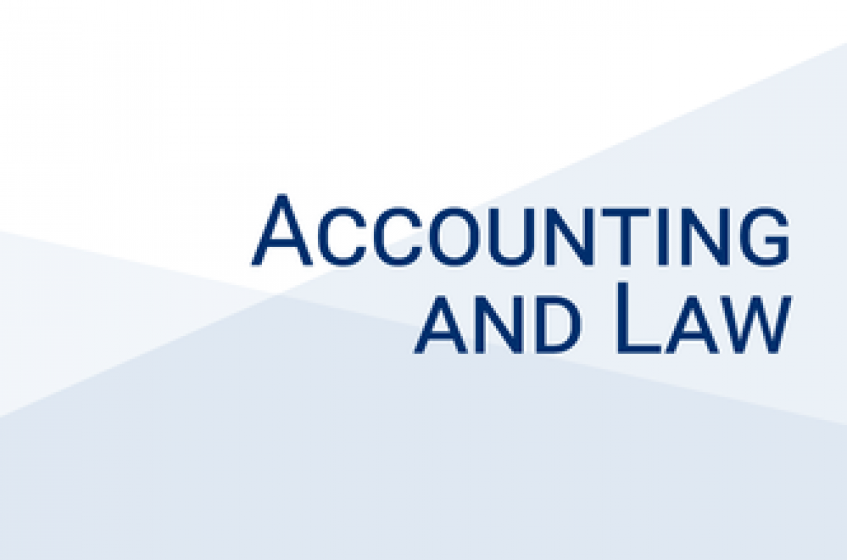Digital Lending and Financial Well-Being: Evidence from a Randomized Controlled Trial in a Developing Economy
Prof. Regina Wittenberg Moerman
Accounting Circle Professor of Business Administration
Leventhal School of Accounting, Marshall School of Business
The University of Southern California
By leveraging machine-learning algorithms and using nontraditional digital data from borrowers’ mobile devices, digital lenders have vastly expanded access to credit in developing economies for millions of individuals without prior credit history. At the same time, short-term, high-interest-rate digital loans are often issued to borrowers with low financial literacy and are subject to weak consumer protection, raising concerns over predatory lending practices. In this study, to examine how access to digital credit influences borrowers’ financial welfare, we take advantage of a randomized controlled trial by a large digital lender in Kenya that randomly approves loan applications of borrowers that would have otherwise been rejected based on their credit profile. We find that access to the lender’s digital credit enhances the financial welfare of borrowers across a variety of mobile-phone-based welfare measures, including their monetary transaction volume, mobility, and social networks, as well as borrowers’ self-reported income and employment. Additionally, we provide some supporting evidence that access to the lender’s digital credit leads to greater improvement in financial well-being when borrowers have limited access to credit, take loans for productive purposes, and obtain more credit. Overall, we demonstrate that access to shortterm, high-interest-rate digital loans can benefit borrowers in developing economies.











